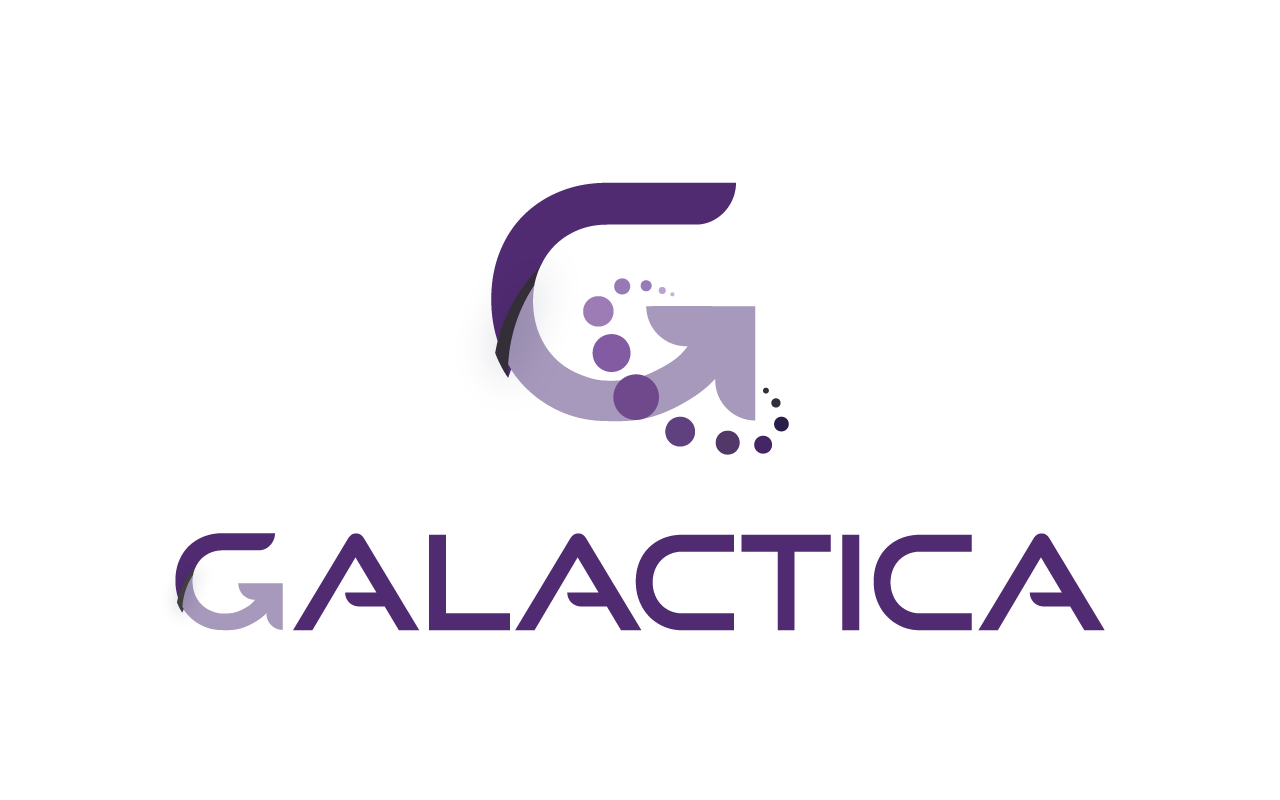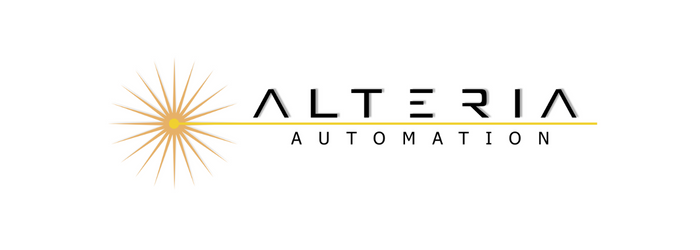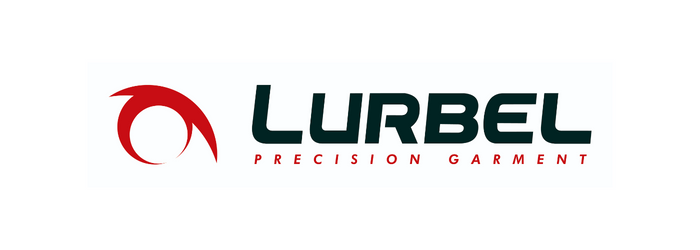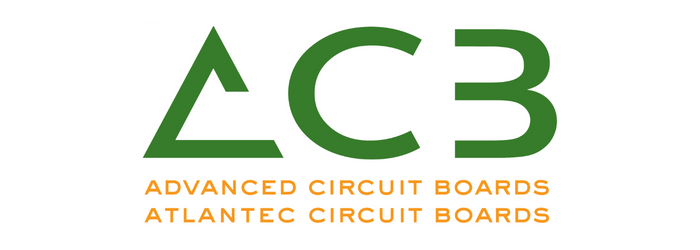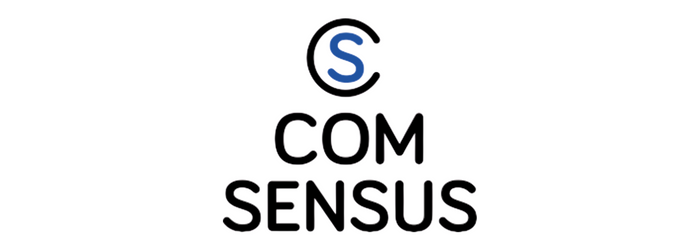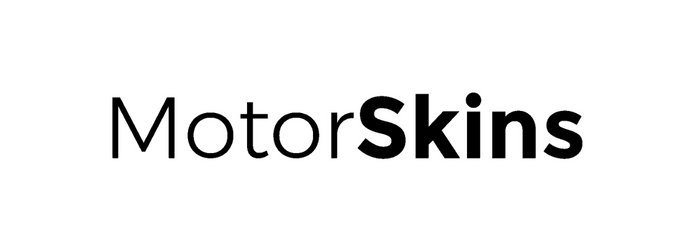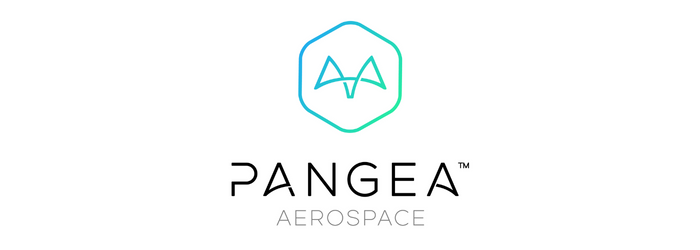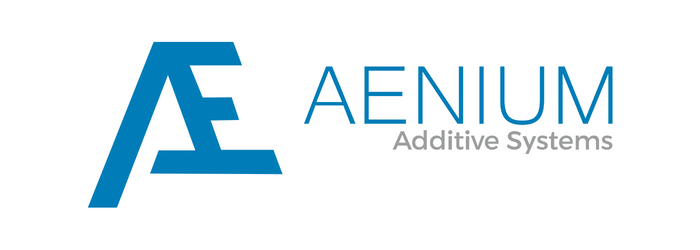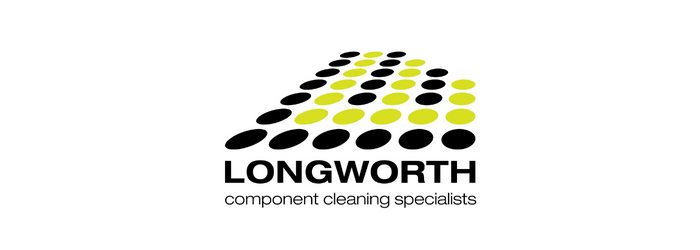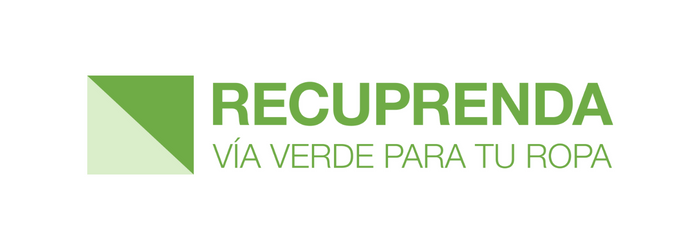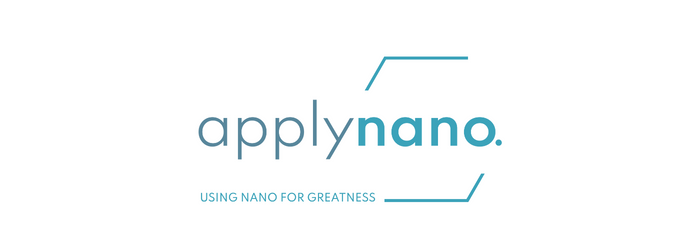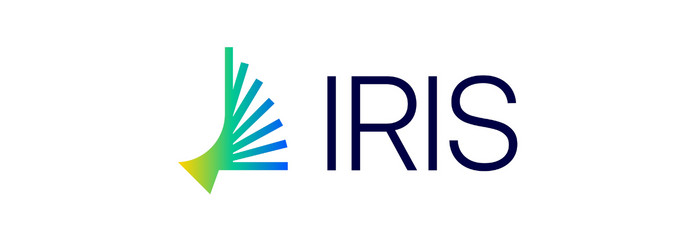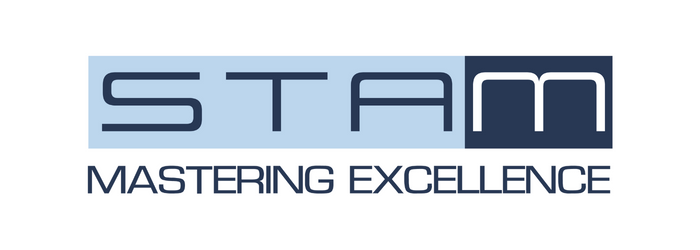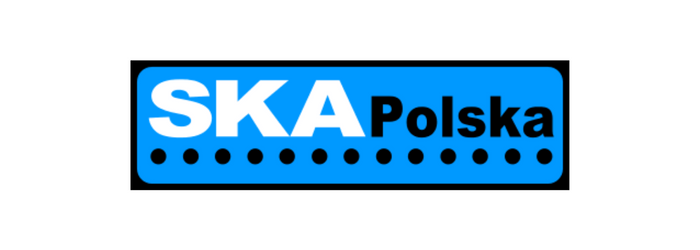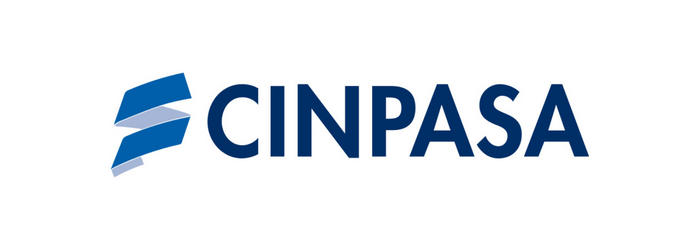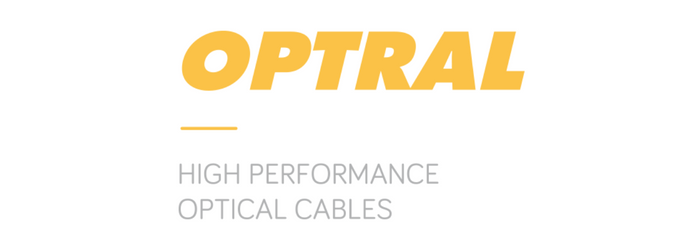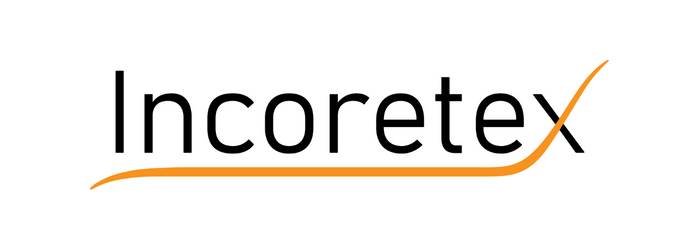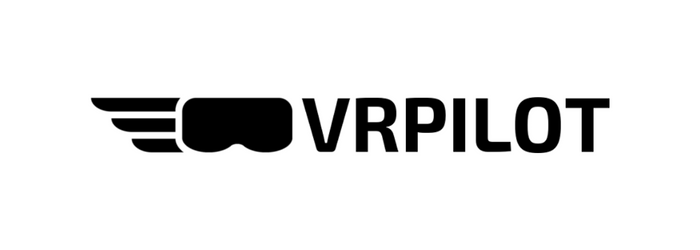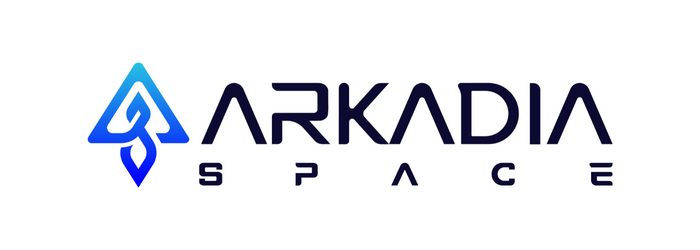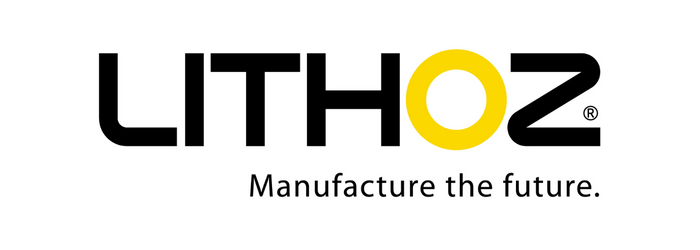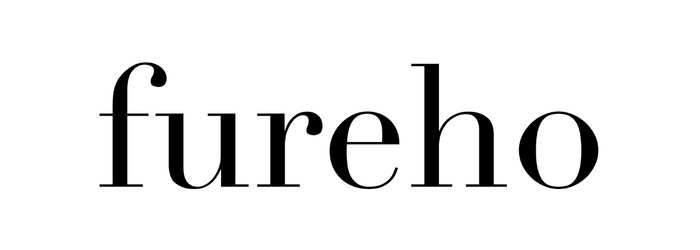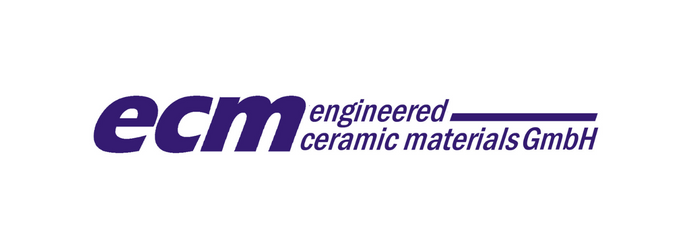orbital beneficiaries
AEROSENSE
Smart compression shirt provides advanced vital sign monitoring in real-time, with condition-based health predictive analysis (such as fatigue) for General Aviation & new Aerospace applications.
AEROSENSE involves the integration and manufacturing of textile wearable providing six vital signs telemetry data for the general aviation and space industries. There are four primary vital signs: body temperature, blood pressure, pulse (heart rate) and breathing rate (respiratory rate), often notated as BT, BP, HR, and RR. However, the vital signs may include other measurements called the “fifth vital sign” or “sixth vital sign”. Vital signs are recorded using the LOINC internationally accepted standard coding system.
Pilot’s fatigue is present in not less than 20% of aviation incidents. The problem is even worst in general aviation, where private pilots generally don’t have a skilled co-pilot at hand. Our proposal is to obtain pilots fatigue real-time reporting by pre-processing stored data at the same AEROSENSE device, and check vital constant trends using tools such PCA (Principal Component Analysis). A non-intrusive approach to evaluate not only pilot’s health but mental fatigue.
Detecting the evolution of the health condition in new applications and predictive analytics in aerospace and general aviation is a disruptive breakthrough from the present state of the art.
Final grant requested (Lead partner Alteria Automation SL): €58,000.00
Final grant requested (Partner #2 Mls Textiles 1992 Sl)): €42,000.00
SolarCube
SolarCube is an off-the-shelf, origami-inspired lightweight and a compact solar panel aimed to solve the limitation of conventional solar panels for space applications. SolarCube is characterized by an exceptionally high stowed-to-deployed surface ratio which allows it, along with the spacecraft itself, to greatly reduce the overall size and weight. Through Astradyne’s FRET (Flexible Reinforced Electronics Textile) technology, SolarCube will be the first deployable solar panel for the aerospace industry to use textile materials.
Final grant requested (Lead partner Astradyne S.r.l.): €38,050.00
Final grant requested (Partner #2 CIRCUITS IMPRIMES DE BELLEME): €40,250.00
Final grant requested (Partner #3 Oxford Space Systems Ltd.): €21,700.00
ACTIVESST
With this experiment we aim at advancing the state-of-the-art of cooling solutions for aerospace garments by developing an active thermal load management system for space suits, preventing health threatening situations that may lead to mild or even potentially fatal health issues. The ecosystem will be composed of a custom-made cooling suit developed by MotorSkins and enhanced with a set of advanced IoT components for smart and autonomous operation, provided by ComSensus, as well as a deposit to store the cooling liquid/fluud and a micropump to drive it through the liquid circulating channels in the suit, operating based on a number of parameters such as body and ambient temperature, heart rate, and even additional physiological measurements. For data collection, the cooling vest will integrate measurement devices from two existing partners in the domain of textile-embedded electronics for health monitoring which we believe provides an added-value when it comes to textile-electronic integration and garment/vest washability and reusability.
Final grant requested (Lead partner ComSensus, komunikacije in senzorika, d.o.o.): €50,000.00
Final grant requested (Partner #2 Motorskins UG (haftungsbeschränkt)): €50,000.00
BIMATIARE
BIMATIARE (BIMATerial Interfaces for Aerospike Rocket Engines) is a project that aims at developing and validating in relevant environment an advanced additive technology for manufacturing of bi/tri metallic interface applied to rocket engines, and for this specific project, to the aerospike nozzle engine which is by far the most demanding chemical propulsion system in terms of thermomechanical strength, due to the unique harsh environment in which it operates, with extremely high combustion temperature that produces heat fluxes able to melt down all exisiting material, if the engine is not cooled down. Using BIMATIARE technology will enable to manufacture components and combustion interfaces of rocket engines, propulsion systems (and other AM parts) in two different metal alloys that are merged as one with uniform microstructure designed for the required working conditions. The final goal is to achieve a commercial rocket engine that will be ligher, more reliable and easier to reuse thanks to the use of BIMATIARE technlogy. Finally, BIMATIARE Technology has also potential to be used for other applications, as any additively manufactured part having two different areas working at different environmental conditions or having different requirements can use the technology presented in the project.
The consortium is composed by highly innovative european SMEs from two different countries (Spain and Germany) and having shown high TRL developments and commercial traction in the past years. The team of the project is composed by eight people, including two PhDs.
Final grant requested (Lead partner Pangea Aerospace S.L.): €58,000.00
Final grant requested (Partner #2 AENIUM ENGINEERING S.L.): €30,000.00
Final grant requested (Partner #3 DIONDO GMBH): €12,000.00
Circular Functional Clean Tech Textiles
Circular economy polyamide textile reclamation via clean technological innovation to remove elasthane and optimise the re-use of strong polyamide textile chains. Clean tech, low environmental impact separation to enable the creation of high value SMART textiles for new thermally insulated water sports clothing. Using the resulting reclaimed polyamide and combining additives of performance enhancing materials for durability and increased life cycle, as well as low carbon impact. This new material will freate a new product category- turning a waste problem into a new advanced textile material with a number of social, economic and environmental benefits for European textile manufacturing.
Final grant requested (Lead partner RUBYMOON DESIGN CIC): €32,917.00
Final grant requested (Partner #2 B & M Longworth (Edgeworth) Ltd): €42,958.00
Final grant requested (Partner #3 RECUPRENDA S.L.): €24,125.00
THEAMS
In space, in essence, hot means bad: the satellite operators want to extract more value from their satellites by means of faster downloaded data or more in-orbit processing, which raises the temperature of the satellite equipment to extremely dangerous levels. Basically, with temperature limitations, they lose value generation.
To solve the thermal challenges of the highly dissipative and extremely compact upcoming satellite generation, Madrid Space, Aenium and Applynano are presenting the THEAMS (Thermally Enhanced Additively Manufactures Streutures) project: our target is to combine nanoparticles, additive manufacturing and two-phase devices to transform the satellite structures into extremely effective heat conductors.
The THEAMS solution will significantly decrease the temperatures observed over the satellite electronic equipment. This shall permit more data processing, and therefore will bring more value into the table. The figures are staggering: we are talking about a 50% increase in added value, which for instance translates into 200M€ of value increase per geostationary satellite. Considering thousands of satellites to be launched over the next decade, the economic impact created by THEAMS will be measured in billions of euros.
Final grant requested (Lead partner MADRID SPACE EUROPE SL): €59,250.00
Final grant requested (Partner #2 AENIUM ENGINEERING S.L.): €26,000.00
Final grant requested (Partner #3 Applynano Solutions S.L.): €14,750.00
ReSynt
ReSynt project considers the case of a textile tuscanian company, active in the recovery of cotton fiber from post-consumer textile. The cotton recovery operation produces a discarded material consisting of synthetic fibers (for instance PET and elastane) and residual cotton.
It’s a well known problem the increase of elastane in textile waste. The need for recycling technology is to distinguish and separate pure polyester from mixtures of other fibres (cotton, nylon, elastane) and the application of hyperspectral imaging technology in sorting can be relevant.
The aim of the project will be to study the valorisation of this currently discarded fraction by considering:
1) The average composition of this discarded material, (determined by infrared, DSC and TGA analysis) by Spin-PET and discussed with IRIS;
2) The possibility to select more homogeneous sub-fractions based on PET, that will be investigated by IRIS through HIS techniques;
3) Production of composites by blending the selected waste fraction with proper additives and/or other suitable materials (for instance other recycled PET) and characterization of obtained compound will be carried out by Spin-PET;
4) The possibility to insert tracers (by melt extrusion) in the new material to recycle it on turn, will be investigated by IRIS and Spin-PET.
The processability of the up-cycled polyester compounds in filament spinning (to obtain knitted textile products) or in non-woven techniques will be considered. However, other sectors (e.g. filament for additive manufacturing) will be considered for possible applications of this recycled material.
The combination of Hyperspectral Imaging in the fiber sorting step, coupled with traceability methodologies based on the use of peculiar tracers in the fiber up-cycling step, can allow a methodology for circularity of the synthetic fibres yarns to be set up. Hyperspectral imaging is easily integrable with AI approaches applied to industry.
Final grant requested (Lead partner Spin pet Srl): €50,000.00
Final grant requested (Partner #2 IRIS TECHNOLOGY SOLUTIONS S.L.): €50,000.00
FLWRTech
FLWRDWN™ is a patented, high performing, hypoallergenic and animal free replacement for traditional animal and petroleum based synthetic down produced by Pangaia Grado Zero. The cellulose-based insulation material is made out of dried wildflowers mixed with a biopolymer formed by the polymerization of lactide in a mechanical process used to produce puffer jackets, but not only. To be optimally used, the floss fibre has to have specific requirements of fibre length, fibre thickness, and fibre integrity and cleanness. The proposed technology will address a key bottleneck in the large manufacturing of this sustainable FLWRDWN™ material allowing to establish a large licensing network and creating business opportunities for the space sector to supply quality check solutions. FLWRTech project aims to deploy, field-test and demonstrate a waste sorting system based on AI hyperspectral imaging, developed for space application, in a new context that is the textile sector. In particular, the proposed space technology will be transferred for the quality check of the raw material utilized to create FLWRDWN™.
Final grant requested (Lead partner PANGAIA GRADO ZERO S.R.L.): €50,625.00
Final grant requested (Partner #2 Stam S.r.l.): €40,000.00
Final grant requested (Partner #3 SKA Polska): €9,375.00
RealTime-Shmacs
In modern aircraft, structures such as wings and landing gears need to be permanently monitored because they are made of composite materials, complex in its nature. Additionally, those structures are exposed to several failures and structural damages. Novel solutions based on smart monitoring systems that would enable real-time in-service load monitoring and damage detection of aircraft structures should be envisaged.
Conventionally, electric strain gauges are used, but they are usually wired to copper that is not viable because does not provide optimal bandwidth and data transmission capabilities, it is heavy and offers poor resistance as it is affected by electromagnetic interference.
Novel fiber optic sensors are needed to monitor structure deformations, load monitoring, and center of gravity estimation – in Real-Time! Among possible solutions for structure health monitoring, fiber optical sensors, especially those based on fiber Bragg gratings (FBGs), are a promising technology due to their distinctive advantages which include higher sensitivity and are immune to electro-magnetic interference. However, these technologies present yet several drawbacks regarding sensor performance, accuracy and stability, due to the fact the fiber optics is directly attached to the aircraft structures. In this project – CINPASA (textile company developing textile tapes) and OPTRAL (advanced manufacturing partner, responsible for providing advanced fiber optics sensor solutions and fiber optics terminations) – will partner up to develop a smart textile tape with embedded fiber optics solutions wither higher accuracy and flexibility for applications in structural health monitoring of composite aeronautic structures, considering both the use of multi-point/distributed sensors. Furthermore, due to reduced weight and maintenance of the optic fiber tapes, the aircraft companies will save up to 5% in fuel and operational costs.
Final grant requested (Lead Partner Cintas Y Pasamaneria S.A.): €38,850.00
Final grant requested (Partner #2 OPTRAL, SA): €60,000.00
ASCHO
The Ascho project aims to improve comfort and health by building innovative seating solutions to support individual body physics in the aerospace, aviation, and automotive industry. Specifically, the system analyses the pressure during take-off, landing, acceleration, or longer rides and provides active support with the morphic surface. This system shall be integrated as an intermediate inlay into the seats of vehicles, aircraft, and shuttles. In the long run, this project aims to prevent risks of muscle spasms, degeneration of the intervertebral discs, cardiovascular and metabolic diseases, and respectively reduce the negative long-term impact of (space) travel and reduce substantial health care costs. In this project, Incoretex as well established specialist in the advanced manufacturing of thin printed sensors and Vulpés as renowned expert in Smart Textiles and integration combine their capabilities and know how to build innovative solutions for the aerospace, aviation and automotive sector.
Final grant requested (Lead partner Incoretex GmbH): €50,000.00
Final grant requested (Partner #2 Vulpés Electronics GmbH): €50,000.00
C_boat
C_boat project proposes a new solution that integrates an innovative tissue in 3D printing process to produce seamlessly co-printed textile-mechanical parts, allowing the production of a sliding joint co-molded on the fabric.
It represents an extremely innovative process that allows the design of innovative and automated systems. Within the project, the use case is represented by C_boat, an innovative electric boat designed with improved environmental and safety performance compared to classic boats, and accessible to a broad public.
Combining an innovative textile product with advanced manufacturing processes and the design derived from aerospace solutions, the project aims to bring benefits to the nautical sector. A sector that is evolving from a traditional manufacturing system to an extremely technological one.
Final grant requested (Lead Partner 1849&C srl): €56,875.00
Final grant requested (Partner #2 Abitex srl): €15,625.00
Final grant requested (Partner #3 Albert Schulze-Oechtering): €27,500.00
MVRPT
Pilots are required to get familiar with cockpit setups and memorize a number of flows, when learning how to operate a new aircraft. Airlines and operators are always on the lookout to become more effective and efficient. As a consequence, pilots are turning to more interactive ways of learning such as VR (virtual reality) for cockpit procedural training. Such solutions save airlines & operators thousands of euros, by partially or even completely replacing the need for fixed-base simulators, suitable for the initial stages of a pilot’s conversion training. So, VRPilot developed VRflow platform which is an interactive cockpit procedure trainer built on VR. Incorporating advanced learning technologies and interactive training scenarios, VRflow is an extremely efficient tool for both initial and recurring training for students as well as flight crew.
However, even if VR Pilot Training has been so popular last years, because enabling pilots to interact via vision and audio senses, it cannot provide the same level of immersion in touch sense. This is because of the current VR controllers, that blocks the natural interaction via users’ fingers. For that reason, Q&Q developed Magos gloves, a wearable exoskeleton that can model all 16 joints of the human hand. Via Magos the pilot can interact within virtual cockpit using their fingers, tackling the technology limitations that restrict the physical touch interaction. The differentiator of the system is its great accuracy in finger tracking and haptics, something that constitutes the game changer, revolutionizing entirely the User eXperience.
In the scope of MVRPT project is the integration of Magos gloves into VRflow platform. This collaboration will push the VR pilot training even further, by providing a more effective and productive training method, since pilots can interact via their fingers, as they would in the real world.
Final grant requested (Lead partner Quanta & Qualia): €60,000.00
Final grant requested (Partner #2 VRpilot ApS): €40,000.00
INCEPTION
The INCEPTION project covers the design, manufacturing, and validation of the first European, cost-effective ceramic combustion chamber for rocket engines dedicated to in-space applications.
The blooming space logistics sector is currently lacking affordable propulsion systems. Furthermore, the engines in the market today use extremely toxic and carcinogenic fuels. As the alternative, Arkadia Space, a Spanish company dedicated to the development and commercialization of space propulsion systems, is developing a family of competitive, green-fuelled thrusters, suitable for the new space service providers (such as space-junk removal or in-orbit deployment of satellites and constellations).
In this endeavour, the combustion chamber technology is key. It is a critical component given its demanding operating conditions, and the most expensive element in recurrent production for a rocket engine. The current solutions in the market today have extremely high acquisition costs and are usually dependant on non-European materials and processes.
The INCEPTION project presents a cost-effective and fully European combustion chamber solution, based on the use of ceramic materials and especially developed via additive manufacturing processes. It is in this regard where Lithoz, an Austrian advanced manufacturing company, market leader in the field of additive manufacturing of high-performance ceramics, comes into the project: its expertise, know-how and state-of-the-art own-developed and proprietary equipment and materials are a perfect match for Arkadia Space’s requirements and the scope of the project; with this partner, the cost-effective manufacturing of a family of combustion chamber prototypes is enabled.
In order to validate the technology for their use in real applications and commercial thrusters, the prototypes will be subjected not only to shock and vibration testing, but also to hot-firing testing in Arkadia Space’s rocket engine testing centre.
Final grant requested (Lead Partner ARKADIA AEROSPACE PROPULSION & TRANSPORTATION SYSTEMS SL): €44,500.00
Final grant requested (Partner #2 Lithoz GmbH): €55,500.00
NOC-STRUT
This project aims to develop a functional demonstrator of an innovative, lightweight, mechanically and thermally stable, ‘seamless Pitch-based continuous carbon-fibre Noobed Tubular 3D Fabric reinforced silicon carbide ceramic strut’ (NOC-STRUT) for an optical bench application based on typical space telescope requirements. Project partners Fureho, a Swedish engineered 3D textile reinforcements start-up, and ECM, a German SME serving the aerospace industry with ceramic composite material solutions, will jointly develop the functional demonstrator NOC-STRUT. The project results aim to facilitate the manufacture of metering structures for large-scaled telescopes e.g., for Earth Observation satellites. This project will uniquely create a new cross-sectoral and cross-border value chain to serve the space industry through advanced manufacturing enabled 3D textile reinforced ceramic composite material strut solutions.
